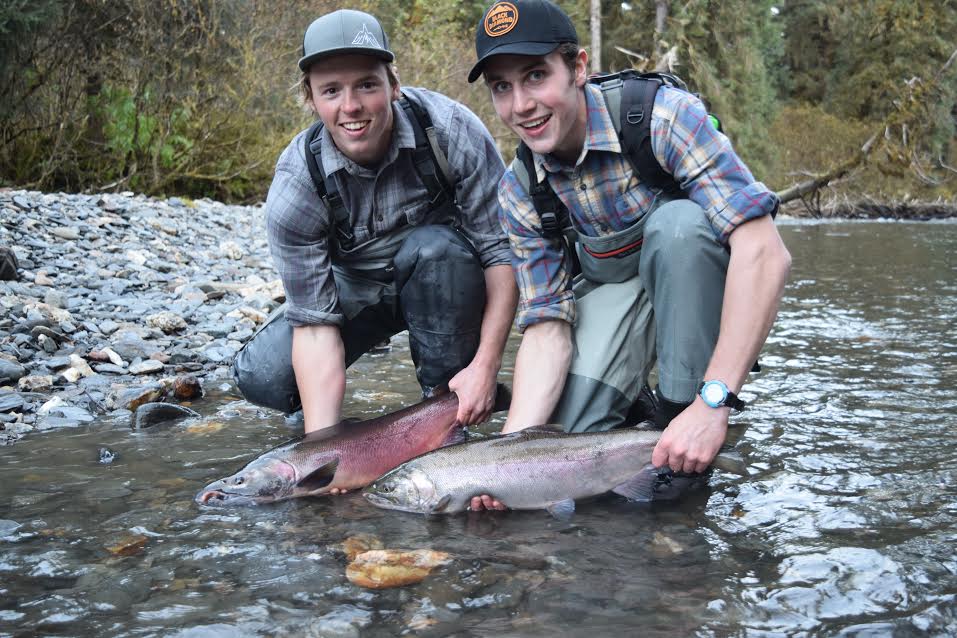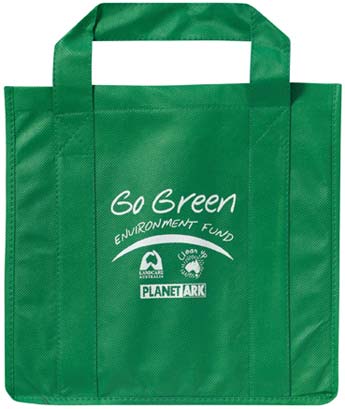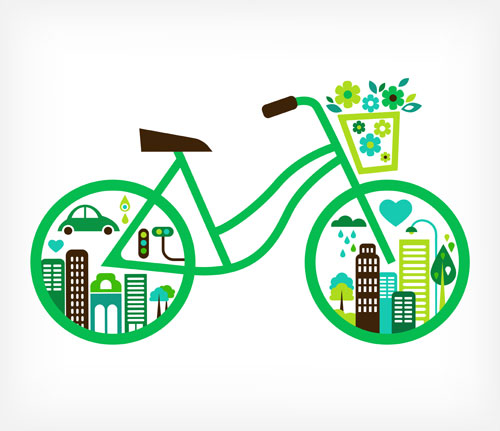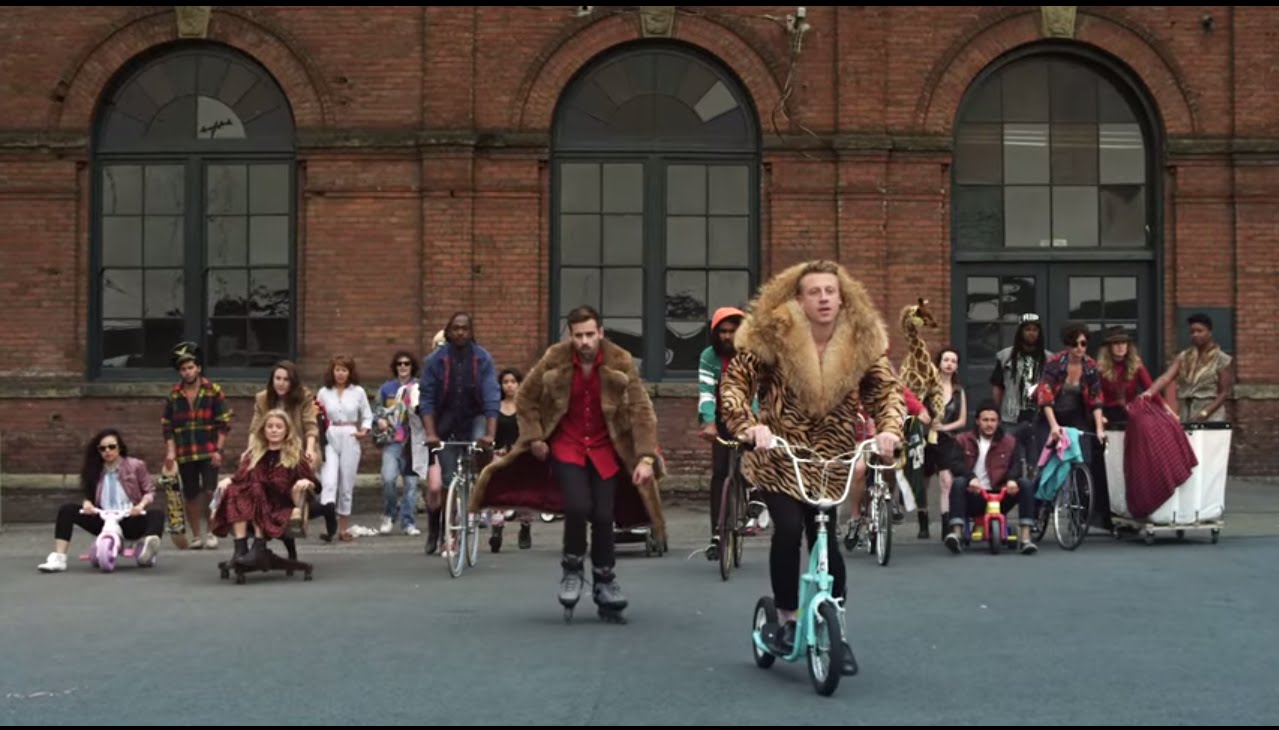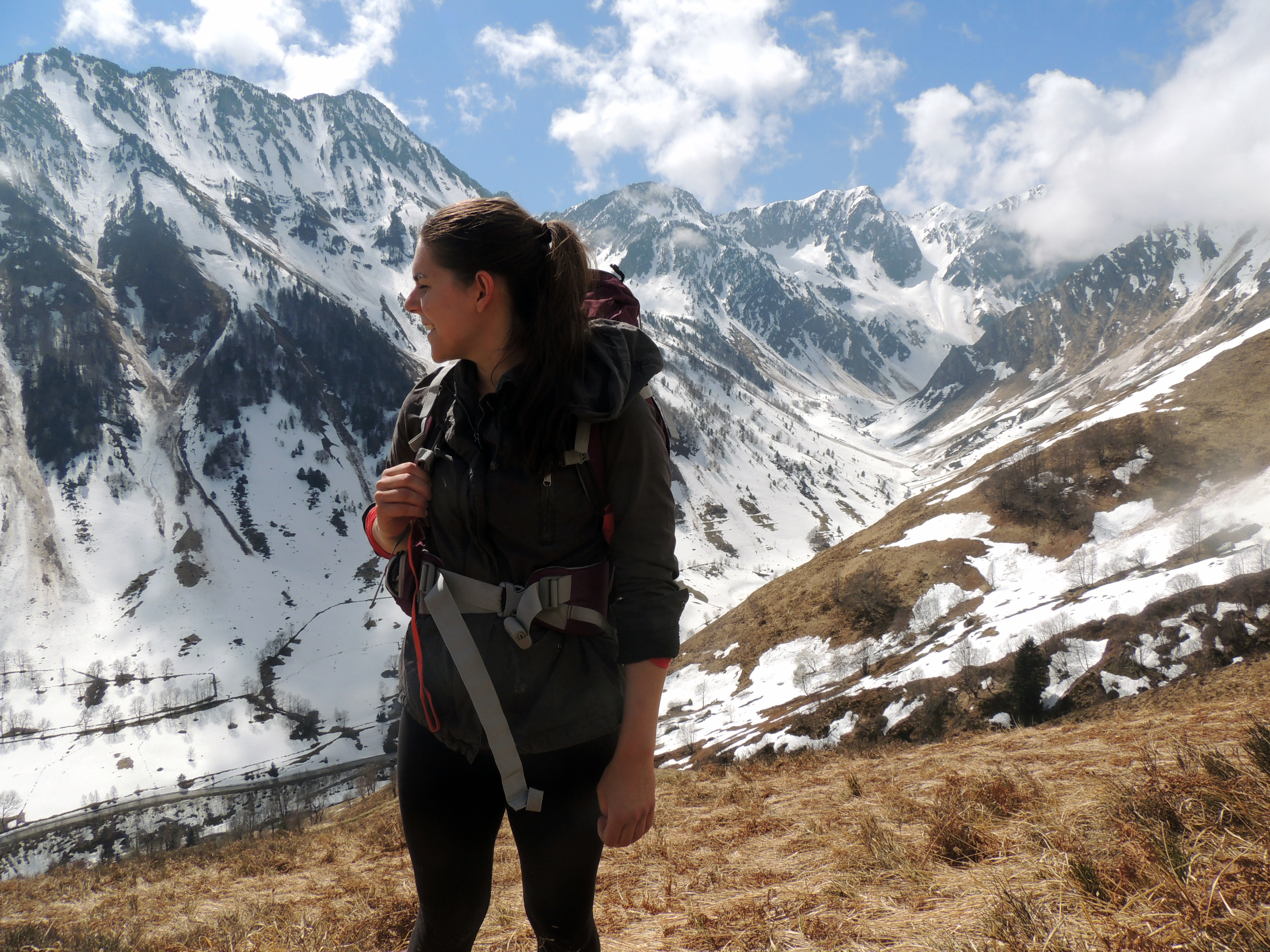One thing all exchange students likely have in common is the fact that we have polluted Mother Earth by emitting more tons of CO2-equivalent than we would have, had we stayed home. Traveling by plane is the most polluting form of transportation, with emissions of a quarter of a ton of CO2-equivalent per one hour of flying. This means that a plane ride of 40 hours is equal to what an average European emits every year. As the global citizens we are - we have all lived in at least more than one country by now - we should give back to our planet. Maybe you have learned to appreciate your home even more after being away for so long, or perhaps you have become really attached to your study-abroad destination. Either way, there is no doubt that we would all like to preserve these beautiful places on earth. If you want to find out how you can help, here are six easy steps on how to become more sustainable while studying abroad!
1. A sustainable diet
A sustainable diet varies from place to place. The key things you need to be looking for are products that can grow locally or close to the country you are in, or food resources that you can obtain yourself. Depending on where live, nature can provide many good food resources that you can pick or hunt yourself! This saves you money and helps the environment - as long as you don’t overdo it. You don’t have to completely change your diet, but keep in mind that a sustainable diet in your home country might not be so sustainable at your exchange destination. From my own personal experience, being vegetarian in the Netherlands is one of the most sustainable diets. With locally grown potatoes, vegetables and fruits, it really minimizes the impact on the environment. But here in Alaska, it’s a lot more sustainable to eat freshly caught salmon from the creeks and rivers. Most of my local friends go fishing whenever they want to eat fish, and I usually pick my own blueberries around the corner in the forest. It does not take a lot of effort to figure out what can grow where, and if you can, try supporting local farmers. This way you are not only giving back to the environment but also to the local economy. This is also a great way to get involved with the local culture. Learn their local recipes and get involved!
2. Bring your own shopping bag
Many countries tend to have high usage rates of plastic due to the crazy amount of plastic bags that are still given away for free in stores. Many U.S. states are guilty of this one. Bring your own backpack and reduce your waste!
3. Bike, carpool or take public transportation
This one is very dependent on the country you live in, but try avoid taking transportation with high CO2 emissions. This in general includes planes and cars. Some things are difficult to access without a car in certain countries and if this situation can’t be avoided, try to carpool with friends! Hitchhiking can also be a great sustainable way to get around, but do keep in mind that this is probably not so safe in most countries (and can be illegal). Overall, try to walk or bike if you can.
4. Find out what is recyclable in your country and area
What can and cannot be recycled differs by country and often also by area. It is therefore important to immediately figure out what you can recycle and where. It is so easy and only takes up an extra five minutes of your week to separate your waste.
5. Don’t buy new things that you will only use for the semester or year
Yes, I get it, you can only bring one suitcase and that is definitely not enough for a semester, let alone a year. But there are many more sustainable options than buying new things and throwing them away at the end of the semester. Find out if your host university offers a trade system for exchange students. Many universities will have this, where exchange students leave their cups and pots behind after the semester for the next incoming exchange students. If you have no other option but to buy something, thrift shopping at secondhand stores is another great way to get a lot for little money. It is also sustainable, as you are reusing products!
If you do decide to buy new things, make sure they will be reused after you leave. Donate them to secondhand stores, charities, friends or sell them.
6. Leave no trace when exploring in nature
For obvious reasons, do not throw away your waste in nature while you’re camping, hiking, walking or doing any outdoor activity. Leave nothing but footprints.
I hope you enjoyed this list and will start using it, if you haven’t already been doing things. Let’s all be green exchange students and save the wonderful places we all live in.
Like this Story? Also like us on Facebook.
